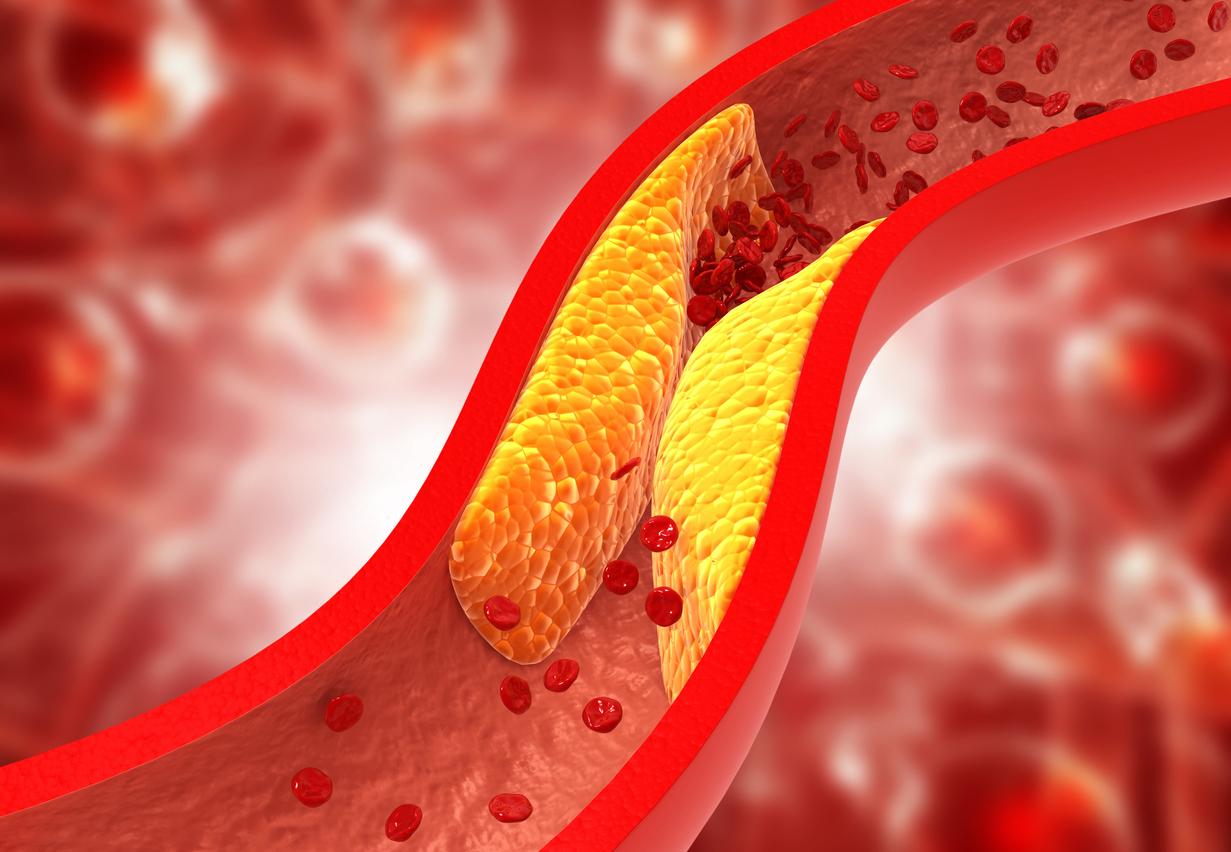A European study reveals that eating late, whether in the morning or in the evening, increases the risk of suffering from cardiovascular disease.

- Cardiovascular diseases represent the leading cause of mortality worldwide with 18.6 million deaths each year in 2019, of which approximately 7.9 are thought to be attributable to diet.
- A new study suggests that eating late for the first or last time of the day may be associated with a higher risk of cardiovascular disease.
- A longer duration of night fasting is linked to a reduction in the risk of cerebrovascular diseases.
If you want to maintain the health of your heart, it is in your best interest to pay attention to the time at which you eat. This is what a study reveals published in Nature Communications and led by INRAEthe Institute of Global Health of Barcelona, theInserm and Sorbonne Paris Nord University.
Researchers found that eating your breakfast or dinner late was associated with a higher risk of cardiovascular disease.
Cerebrovascular disease: a link with meal times
Diet therefore plays a key role in the development and progression of cardiovascular diseases. To better understand the mechanisms at play and study the associations between food intake rhythms and cardiovascular diseases, the team reviewed the medical records of 103,389 participants in the cohort. NutriNet-Health.
The results show that a later first food intake of the day increases the risk of cardiovascular disease by 6% of the risk per hour. “For example, a person who is accustomed to eating for the first time at 9:00 a.m. would have a 6% greater risk of having cardiovascular disease than a person who is accustomed to eating 8:00 a.m.”, specifies the communicated.
Sitting down at the table when the evening is very late also impacts heart health. Eat your meal after 9:00 p.m. is associated with a 28% increase in the risk of cerebrovascular disease, as strokescompared to a dinner made before 8:00 p.m.especially among women.

Heart disease: long nocturnal fasting reduces the risks
If the times when we eat affect the heart, so does the duration between two meals. During their work, the scientists noticed that the longer duration of nighttime fasting, between the last food intake of the day and the first of the next day, is associated with a reduction in the risk of cerebrovascular disease.
“These results, which must be replicated in other cohorts and via other scientific studies, highlight a potential role of the timing of meals in the prevention of cardiovascular diseases. They suggest that adopting the habit of eating your first and last meals earlier with a longer period of nighttime fasting could help prevent the risk of cardiovascular disease.conclude the research institutions in their press release.
















